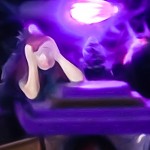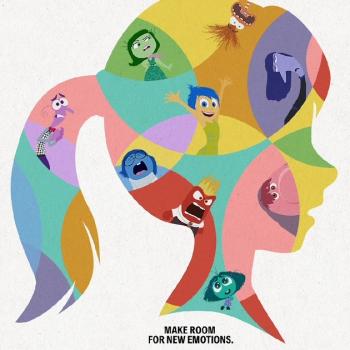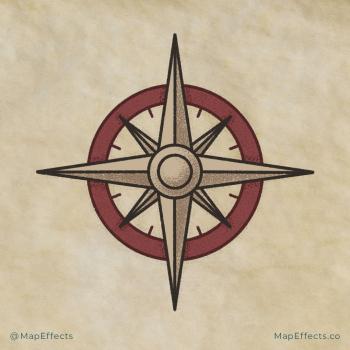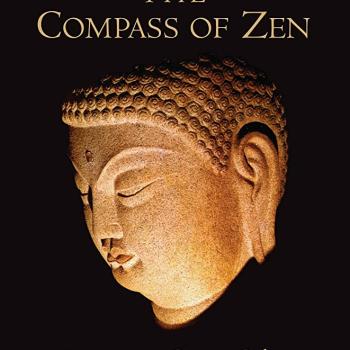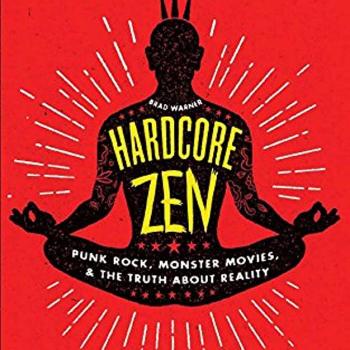Faith In Mind is a long poem about Enlightenment. It was written by the third Chan Patriarch, Sengcan. We use the word ‘faith’, but of course it’s not about faith in some external thing. It’s about faith in our own minds, our inherent Buddha Nature. Most of the large Chan texts were written after the time of the great sixth patriarch. ‘Faith in Mind’ is one of the rare exceptions.
We are going to be exploring this poem over the next few weeks.
Sengcan lived in the late 500s and early 600s. He’s said to have written this poem and passed it on to his student, the fourth patriarch.
This poem comes down to us as a guide for meditation. It’s significant not only because it’s a very concise guide, but also because it inspired so many later works. One of the things I like to do is explore these earliest texts, to get a feel for where things came from.
‘Faith in Mind’ has an important meaning. It’s really emphasized in the Chan tradition. Faith in mind is just a grounded belief that our true nature is Enlightened, that we share the same basic essence as all things, that it’s only our delusions that cause us to perceive separation. In the midst of our delusion we don’t see our true minds.
Sengcan tries to show us, in this poem, how to take our minds and turn them, turning them away from delusion and toward our inherent Enlightenment, which is always with us and has been with us the whole time. He is going to tell us how to go from the shore of suffering and defilement to the shore of awakening and freedom. We get there, of course, by realizing we’re already there.
Sengcan is going to tell us how we should practice and what attitudes we should avoid when we’re trying to practice.
I’m going to close with the only other piece of writing we have from Sengcan. This was found on a stone tablet commemorating him and it’s really just meditation instructions.
“Simultaneously practice stillness and illumination. Carefully observe, but see nothing, see no body, and see no mind. For the mind is nameless, the body is empty, and all things are dreams. There is nothing to be attained, no enlightenment to be experienced. This is called liberation.”
————————————————————————————
Daniel Scharpenburg is a meditation instructor and dharma teacher in Kansas City. He regularly gives teachings through the Open Heart Project, the largest virtual mindfulness community in the world.
Find out more about Daniel on his website and connect with him on Facebook.
You can support independent Buddhist writing by joining a community of fellow learners/practitioners at Patreon

